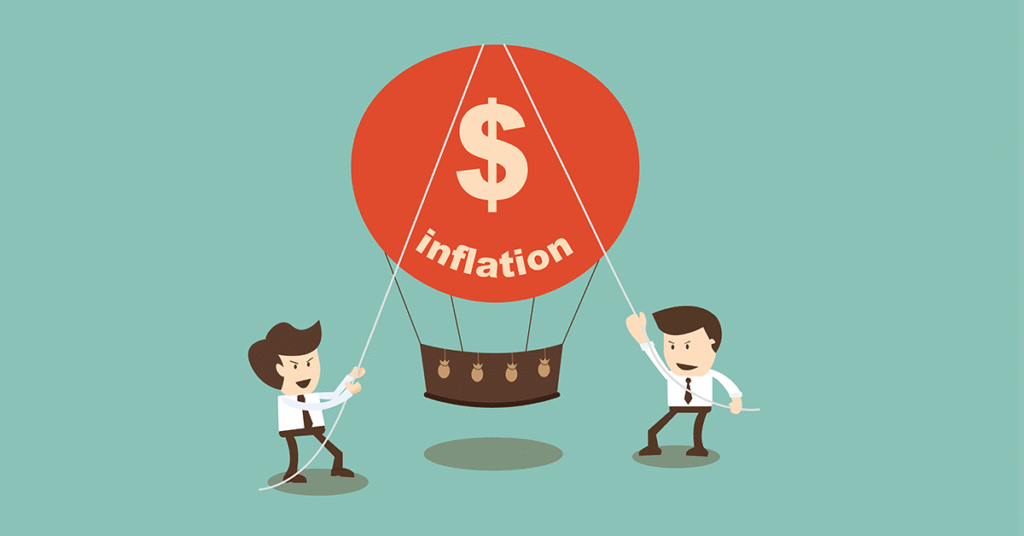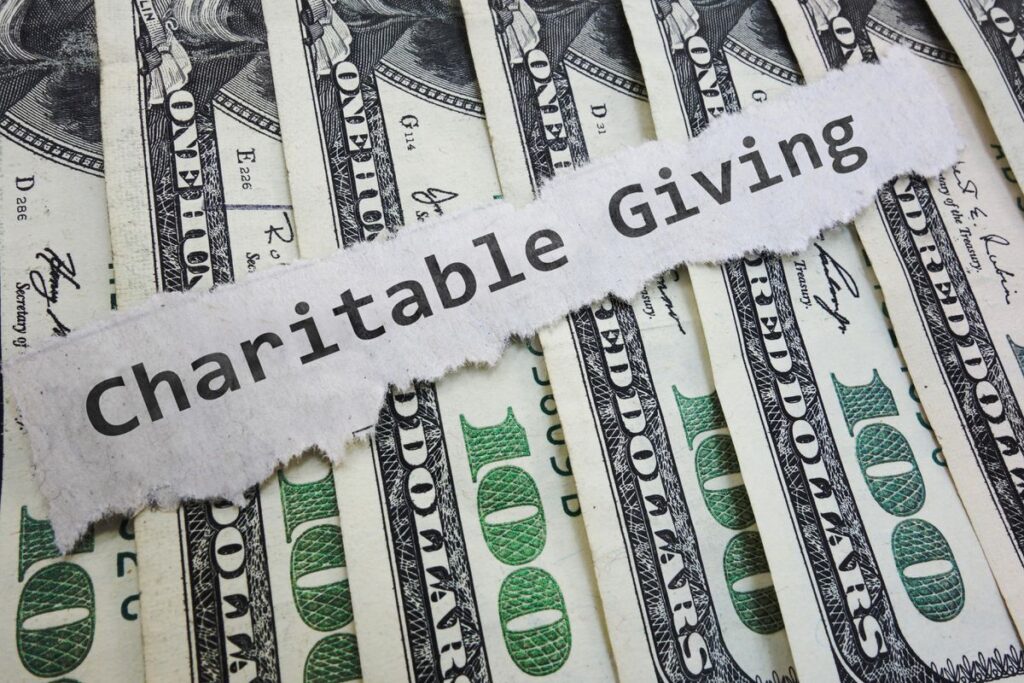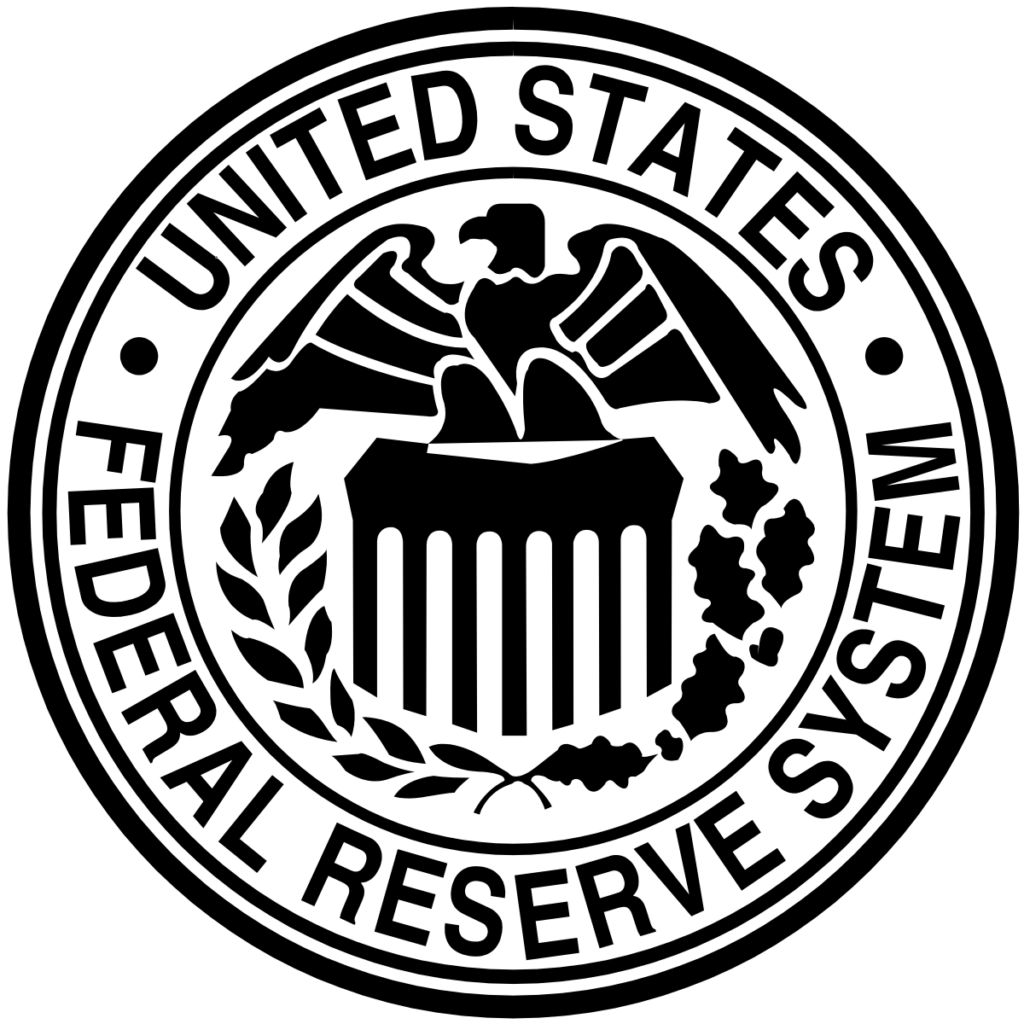In a famous “Seinfeld” episode, the character George Costanza laments after a walk on the beach that his life hasn’t turned out the way he expected, that his decisions have been wrong and he would have been better off had he done the opposite of what he decided to do. I’m sure you have gone through periods in your life when you have felt the same way, as I have, especially with respect to investment decisions. But is there a way to insulate yourself such that your investment performance is not subject to your moods and/or the decisions you make on a periodic basis? I believe there is and that you needn’t live your life like George Costanza, rueing the decisions you have made.

The Keys
I believe the keys to stable long-term investment performance are asset allocation and a goal to hit singles and not necessarily home runs. If you develop a plan and stick to it somewhat regardless to what the market does on a periodic basis, you will find success no matter what decisions you make based on your thoughts on any day.
Asset Allocation
Asset allocation means you have a certain percentage of your investable assets in stocks, bonds, alternatives such as real estate or gold, and cash. When you are younger, you can afford to take more risk so you allocate a greater percentage toward riskier assets; when older, allocate more away from risk and into short-term bonds and cash. Though a 60% allocation toward stocks is normal, I advocate a higher percentage in stocks unless you truly need more money in the short term and can’t hold stocks long term. You might look to reallocate every year or so, but not more frequently. Keep it simple and your performance should work out for you in the long run.
Hit Singles
If you invest in individual stocks, you are trying to hit home runs. If you invest in stock index funds, then you are aiming for the 3.5 hole, as Hall of Fame singles hitter Tony Gwynn used to say. Go ahead and take a swing for the fences once in a while and with a very small percentage of your portfolio, but keep most of your money allocated to stocks in index funds. Stocks in general outperform over time, but specific stocks are subject to specific company risks. Don’t let the appeal of the long ball get in the way of developing and sticking to an investment formula that works for you.
IMO
Don’t regret your decisions and don’t do the opposite of what you believe. If you stick to a long bias and long-term investment approach, you will more likely achieve your investment goals and you will not decide that you are a poor decision-maker after a walk on the beach. This is very important to your future and so you should take it seriously, even if it means you forego some opportunities along the way. Some of those opportunities may pan out, but others may not, and a long-term approach usually does pan out.






